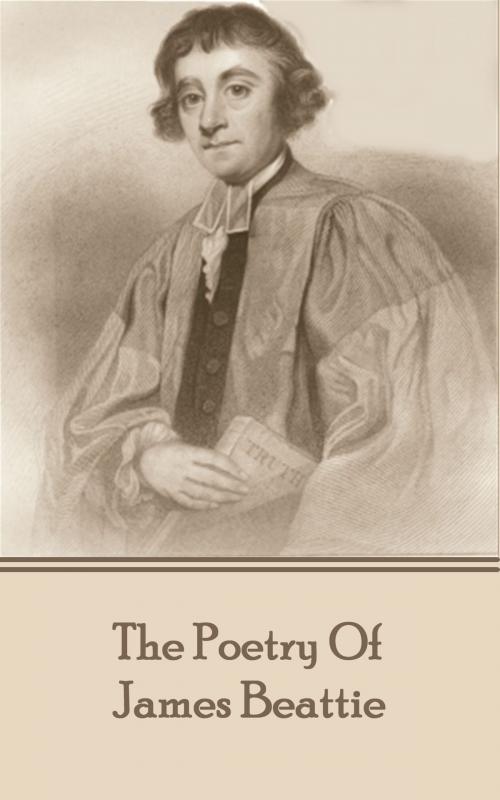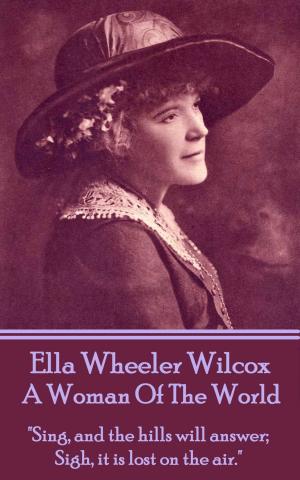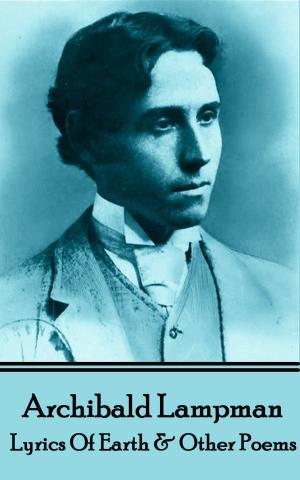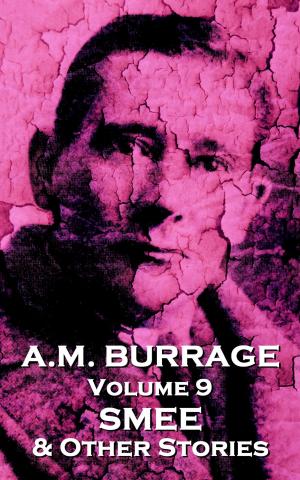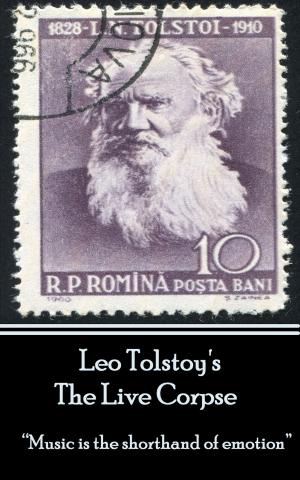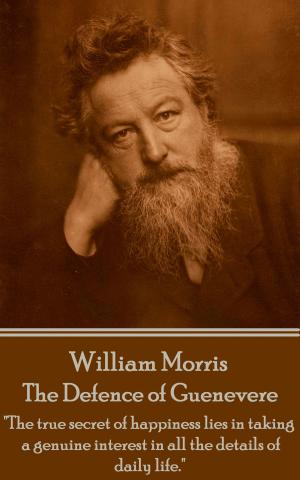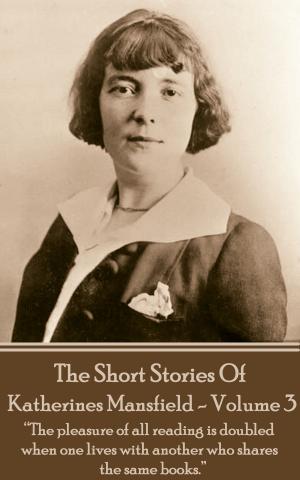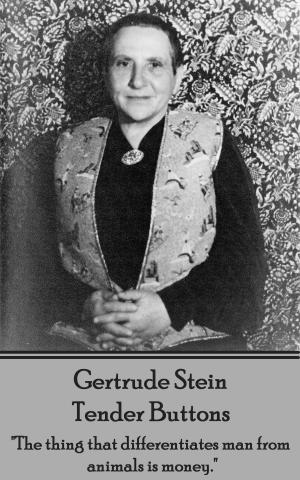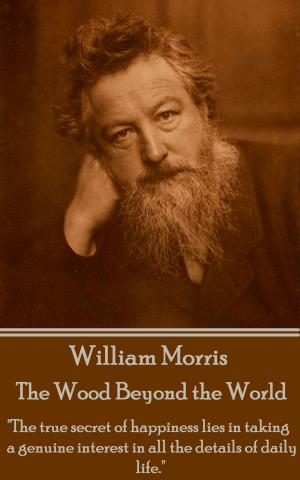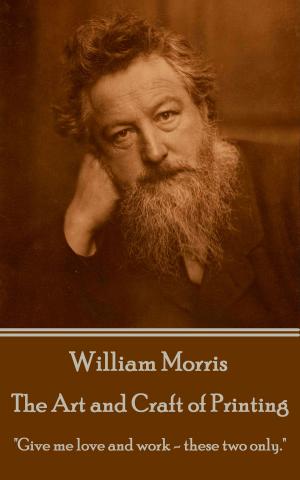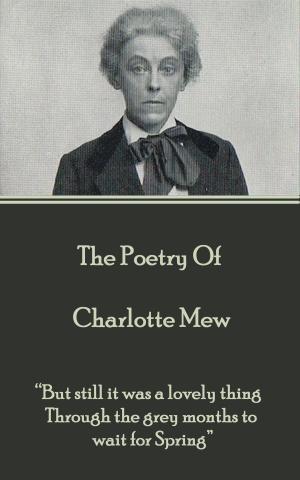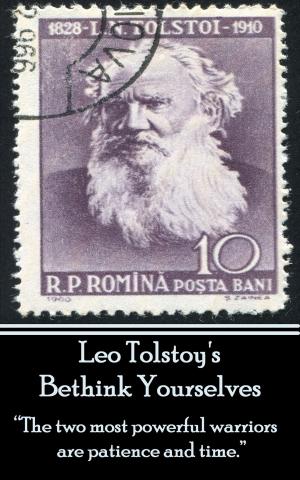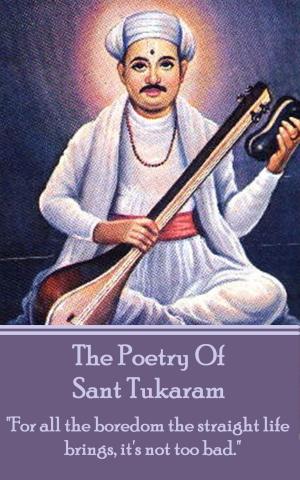| Author: | James Beattie | ISBN: | 9781783942237 |
| Publisher: | Deadtree Publishing | Publication: | December 15, 2009 |
| Imprint: | Portable Poetry | Language: | English |
| Author: | James Beattie |
| ISBN: | 9781783942237 |
| Publisher: | Deadtree Publishing |
| Publication: | December 15, 2009 |
| Imprint: | Portable Poetry |
| Language: | English |
James Beattie was born on October 25th, 1735 at Laurencekirk in the Mearns in Scotland. In 1749 James began his studies at Marischal College, Aberdeen. In 1753, he was awarded an MA degree. He then spent several years as a schoolteacher and briefly contemplated becoming a minister. At only 25, he was, in 1760, appointed Professor of moral philosophy at Aberdeen University. Later that year he published his first volume of poems ‘Original Poems And Translations’. In 1765 he published The Judgment of Paris, which attracted much attention. However two further works were to gain him widespread fame. The first, published in 1770, was an essay ‘An Essay on the Nature and Immutability of Truth’. Intended as an answer to David Hume, this had great immediate success, and led to an introduction to the King, a pension of £200, and the degree of LL.D. from Oxford. In 1771 he published the first book of ‘The Minstrel’ and the second in 1774. These two volumes set his place in literary history. A noted abolitionist he was prominent in his argument in the aforementioned ‘Essay on the Nature and Immutability of Truth (1770) and Elements of Moral Science. A gifted amateur cellist and member of the Aberdeen Musical Society. He considered questions of music philosophy in his essay ‘On Poetry and Music’. With the death of his wife and two sons his health and spirits were broken and he died in on August 18th 1803 aged 67 in Aberdeen.
James Beattie was born on October 25th, 1735 at Laurencekirk in the Mearns in Scotland. In 1749 James began his studies at Marischal College, Aberdeen. In 1753, he was awarded an MA degree. He then spent several years as a schoolteacher and briefly contemplated becoming a minister. At only 25, he was, in 1760, appointed Professor of moral philosophy at Aberdeen University. Later that year he published his first volume of poems ‘Original Poems And Translations’. In 1765 he published The Judgment of Paris, which attracted much attention. However two further works were to gain him widespread fame. The first, published in 1770, was an essay ‘An Essay on the Nature and Immutability of Truth’. Intended as an answer to David Hume, this had great immediate success, and led to an introduction to the King, a pension of £200, and the degree of LL.D. from Oxford. In 1771 he published the first book of ‘The Minstrel’ and the second in 1774. These two volumes set his place in literary history. A noted abolitionist he was prominent in his argument in the aforementioned ‘Essay on the Nature and Immutability of Truth (1770) and Elements of Moral Science. A gifted amateur cellist and member of the Aberdeen Musical Society. He considered questions of music philosophy in his essay ‘On Poetry and Music’. With the death of his wife and two sons his health and spirits were broken and he died in on August 18th 1803 aged 67 in Aberdeen.
